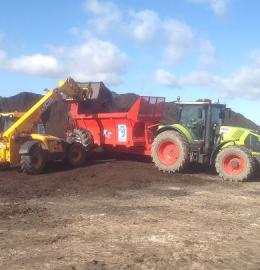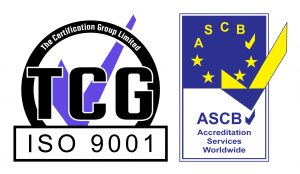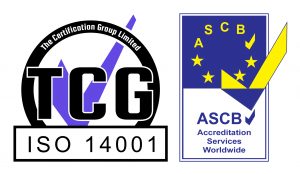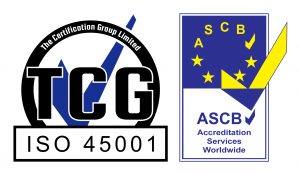Land Bank Pressures for Non-source Segregated Organics
Pressures on reducing the amount of biodegradable waste sent to landfill remains a key focus across Europe, with targets to significantly reduce volumes set out in the 1999/31/EC Landfill Directive. Waste operators employ a range of processes collectively known as ‘Mechanical Biological Treatment’ to separate fractions of waste, to reduce the portion that requires landfilling; these include separation of recyclable glass, plastic and metals, followed by anaerobic digestion (AD) and/or composting of the organic fraction. Biodegradable municipal waste accounts for 60-70% of the overall composition of the mixed waste stream, however, despite having the technology to remove these organics, options for end use are limited by legislation that restricts its application to land.
4R Group and Renewi PLC are working together to produce a thorough risk assessment of non-source segregated organic materials that are produced at two independent MBT sites with different biological treatment processes. The aim of this project is to obtain a new outlet for these outputs, as materials that can be used for some types of agricultural production. When spread to land in a managed way, it is a valuable source of slow-release N, P and K as well as a range of micronutrients. The addition of organic matter also brings significant benefit to the physical properties of soils by increasing water retention and aeration of the rooting zone, decreasing bulk density, and enhancing microbial activity thus aiding long-term nutrient cycling in the soil. Dr Becky Wheeler will be discussing the pressures on land bank in the organics recycling sector at the next ORG conference in March 2019 https://www.r-e-a.net/events/rea-event-org-conference-exhibition-gala-dinner-2019.








